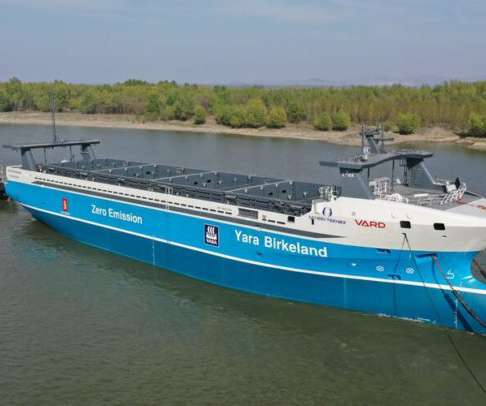GM secures all energy needed to achieve renewable energy goal for 2025; 25 years ahead of target set in 2016
Green Car Congress
OCTOBER 27, 2022
By achieving this accelerated goal, GM expects to avoid the production of an estimated 1 million metric tons of carbon emissions that would have been produced between 2025 and 2030, equal to the emissions produced by burning 1 billion pounds of coal. Sourcing renewable energy is a critical component of GM’s plans to decarbonize.






































Let's personalize your content